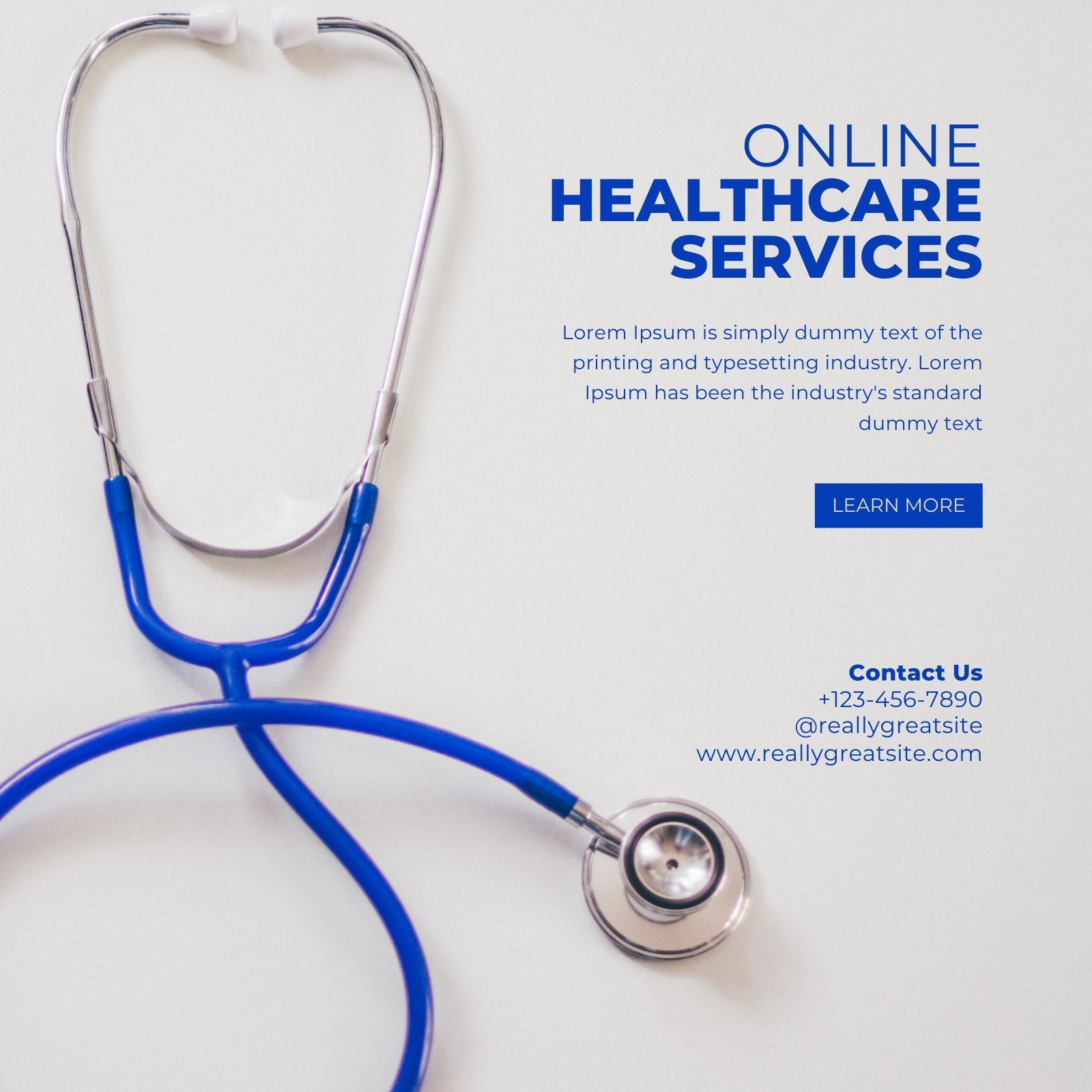Discover the Perks of Subscription Based Healthcare for Affordable Medical Care
Discover the Perks of Subscription Based Healthcare for Affordable Medical Care
Blog Article
The Surge of Subscription-Based Health Care and Its Impact on Client Treatment
As health care advances, the subscription-based design is gaining grip, guaranteeing to revolutionize individual treatment by using predictability and availability. These models, which bypass conventional insurance coverage, can redefine the patient-doctor dynamic, highlighting precautionary and customized care. Yet, similar to any type of technology, they present difficulties, specifically concerning fair access for all socioeconomic teams. The capacity for these models to reshape medical care delivery raises pressing questions concerning their long-lasting sustainability and inclusivity. Are these membership solutions the future of healthcare, or do they risk leaving susceptible populaces behind? The ins and outs of this change warrant a closer examination.
Comprehending Registration Medical Care Designs
Understanding the concept of subscription healthcare models entails checking out a transformative approach to medical solutions that highlights affordability and availability. These designs, frequently referred to as straight health care (DPC) or attendant medication, have become ingenious options to traditional fee-for-service healthcare systems. Subscription healthcare enables people to pay a set regular monthly or annual charge for a defined set of medical solutions, which might include unrestricted workplace brows through, regular exams, and basic lab examinations, without the need for standard insurance invoicing.
The structure of membership healthcare models is made to enhance person treatment by eliminating third-party payers and intricate payment codes, thereby decreasing administrative concerns. Healthcare providers can focus more on person care, promoting more powerful patient-provider relationships. This version additionally advertises preventative care by motivating regular visits, as the financial challenge of per-visit fees is gotten rid of.
The registration design typically encourages medical care carriers to manage smaller person panels, permitting even more tailored care. It aligns economic incentives with client health end results, as carriers are inspired to preserve patient fulfillment and well-being. On the whole, understanding registration healthcare models needs acknowledging their prospective to reshape just how care is delivered and accessed.
Advantages for Patients and Service Providers

With a consistent income stream, healthcare experts can commit more time to each client, leading to an extra personalized and detailed care experience. The focus on preventative care within membership plans can lead to far better person outcomes and reduced long-term healthcare costs.
Problems and difficulties
While subscription-based medical care versions present various advantages, they also come with a set of obstacles and problems that should be addressed. Access continues to be a significant concern, as these designs typically target people who can manage regular monthly costs, potentially leaving out low-income populaces. This increases ethical concerns about fair accessibility to medical care solutions. Additionally, the diverse nature of membership strategies can lead to complication amongst clients regarding insurance coverage specifics, possibly leading to unmet expectations or poor care.
Financial sustainability of subscription-based models is one more problem. Providers need to balance the fixed earnings from registrations with the variable expenses of health care services, which may rise and fall as a result of unpredicted medical demands. This can create stress to limit services or rise costs, possibly affecting patient satisfaction and care quality.
In addition, regulative oversight of subscription-based medical care designs is still developing. The absence of standard structures can bring about irregular solution high quality and accountability, making complex efforts to guarantee client protection. The assimilation of technology-- commonly a foundation of these versions-- raises concerns regarding information privacy and safety and security, as delicate person information can be at risk to breaches. Dealing with these obstacles is critical for the successful and equitable implementation of subscription-based healthcare.
Effect on Patient-Doctor Relationships
One considerable influence of subscription-based medical care models on patient-doctor connections is the potential for enhanced connection and customized treatment. By taking on a registration design, physicians can handle a smaller sized client panel, allowing for more devoted time with each person. This boosted schedule fosters a much deeper understanding of a patient's medical history, way of life, and choices, enabling more tailored treatment plans and interventions.

However, it is crucial to recognize that while subscription-based versions may benefit those that can manage them, they might inadvertently widen medical care variations. Clients that are incapable to join these designs might experience reduced access to individualized care, possibly affecting their partnerships with doctor. Therefore, while the subscription version provides encouraging benefits for patient-doctor connections, it additionally positions difficulties that need to be dealt with to make certain equitable medical care access.
Future of Health Care Gain Access To

The role of modern technology can not be neglected in this improvement. Telemedicine platforms and electronic health records assist in smooth interaction in between people and doctor, breaking down logistical and geographical obstacles. Furthermore, innovations in synthetic intelligence and information analytics can better individualize treatment by forecasting client requirements and optimizing therapy strategies.
Nevertheless, the future of health care gain access to additionally provides challenges, such as ensuring equity throughout different socio-economic groups. Policymakers and doctor need to collaborate to bridge the electronic divide, guaranteeing that subscription-based models stay inclusive and inexpensive. As these systems grow, they hold the assurance of making healthcare extra accessible, efficient, and patient-centric.
Final Thought
Subscription-based medical care versions are improving individual treatment by providing a stable price framework and enhancing access. The rise of subscription-based medical care motivates positive person involvement, which has the prospective to boost client outcomes and contentment, indicating a transformative change in health care shipment.
As health care advances, the subscription-based design is getting grip, promising to reinvent patient treatment by using predictability and ease of page access.Subscription-based medical care models supply distinct advantages for both patients and companies, enhancing the general health care experience.As healthcare systems develop, the future of healthcare gain access to regularly hinges on the assimilation of ingenious models you can look here and technologies.Subscription-based healthcare models are reshaping person care by providing a secure expense structure and boosting access. The surge of subscription-based health care encourages aggressive client involvement, which has the prospective to boost person outcomes and satisfaction, signaling a transformative change in healthcare distribution.
Report this page